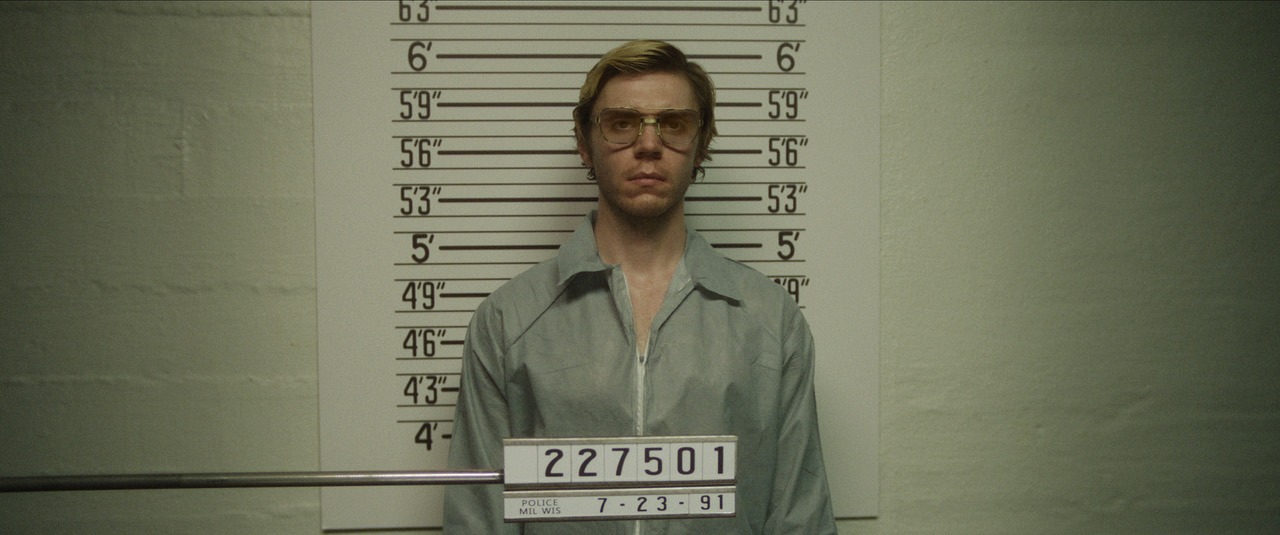Watching murder for fun: Has true crime television gone too far?
It’s undeniable that we are currently in the age of the true crime documentary. Following the success of shows such as Dahmer and 48 Hours, Netflix and other streaming services have become riddled with ghoulish and disturbing investigations into the most depraved killers and criminals. But is this obsession truly ethical? Is it humane or indirectly malicious to sit and watch the suffering of others from the comfort of your bedroom?
Beginning to understand why our generation is so obsessed with true crime is crucial to this debate. Superficially, it appears that viewers simply enjoy living vicariously through the detectives, being able to solve the crime from afar without having to do any of the real work themselves. Of course, this isn’t a new phenomenon: take for instance, Victorian Penny Dreadful papers, not dissimilar to modern true crime shows. Human nature is inherently fascinated with grisly and horrific topics, a fact which digital media creators have arguably exploited for their own gain.
The most interesting aspect of the rising popularity of true crime documentaries isn’t why we keep watching; it’s whether it is truly ethical for us to keep our eyes glued to the screen. With these crimes being aptly true, there are certainly issues regarding how kindly victims are treated by the camera. For the families of deceased victims, it is surely distressing to see their loved one talked about so casually in relation to their horrible ends, and further to see the perpetrator be admired, or in the case of Dahmer, even sexualised, by adoring fans of the show.
It is innately disturbing to see heinous criminals celebrated by fans of the show
It is innately disturbing to see heinous criminals celebrated by fans of the show, either unaware or choosing to ignore the plight of victims, although is it truly unethical? After all, the information provided in these shows is public information, able to be accessed by anyone. Arguably these shows only bring it to a mainstream audience, many of whom would have already been aware of the most famous of these criminals. Unfortunately, true crime media often fails to be considerate, as hosts and directors are increasingly coming in from comedic and reality TV backgrounds, hoping to capitalise on this trend for their own benefit.
As well as this, true crime shows disproportionately represent victims, choosing to focus on white, often middle-class female victims, rather than those from a marginalised or less privileged background. For example, predominantly victims of serial killers are often young white prostitutes, but they appear the least frequently when discussed in true crime shows, the implications of which are obvious. Thus, the accuracy of such shows becomes warped, leaning into misinformation without considering the gross exaggeration and theorising that takes place across all media, especially on social media, when discussing the shows. After all, fans of true crime usually take to TikTok and Reddit straight afterwards, to discuss details of cases, although these discussions, while maybe not unethical in nature, often become disrespectful to the deceased.
Media centred around real human tragedy has the capacity to be damaging
In all honesty, my views on the increased consumption of true crime documentaries are mixed. Yes, media centred around real human tragedy has the capacity to be damaging, but in the same way, nature documentaries show absolutely devastating scenes of natural destruction, just as real as these crimes, and yet are not abhorred. We may try to hide away from the fact that humans are capable of doing awful things to one another, but unfortunately, it is a hard truth we must face.
To take this from a philosophical perspective, Hobbes said that humans were in nature “nasty and brutish” when taken away from society. Applying this idea to true crime documentaries, if we were to break the stigma of discussing the most serious of crimes in everyday conversation, then society could make a genuine attempt to prevent potential offenders from drifting outside of society and turning to crime as a result of their alienation. Furthermore, I also believe that educating the masses in a medium comprehensible to them is important to maintaining social order, and so, if regulations around the ethics of true crime production were to be introduced, this craze has the potential to become genuinely beneficial to society. Then again, I do have reservations around this. It is not a secret that media companies care more about profit than the people, and so whether or not we can trust the creators of these shows to alter their methods to protect victims is certainly questionable.
In conclusion, we can’t quash the true crime revolution; it’s simply a new evolution of tragic media – the kind that we love for both the adrenaline and the mystery. We can simply aim to be more ethical in our discussions around it.

Comments